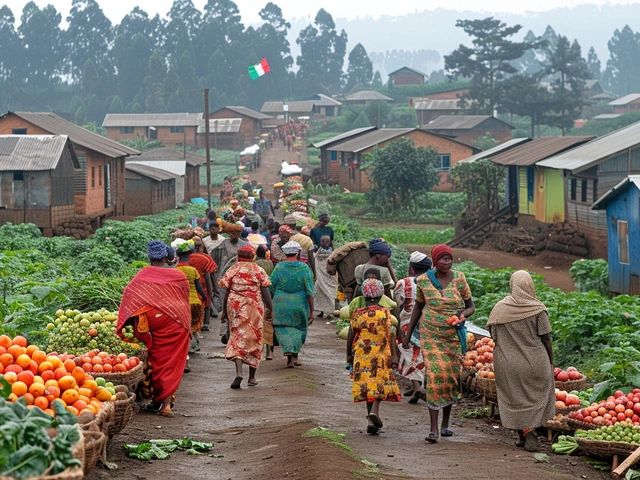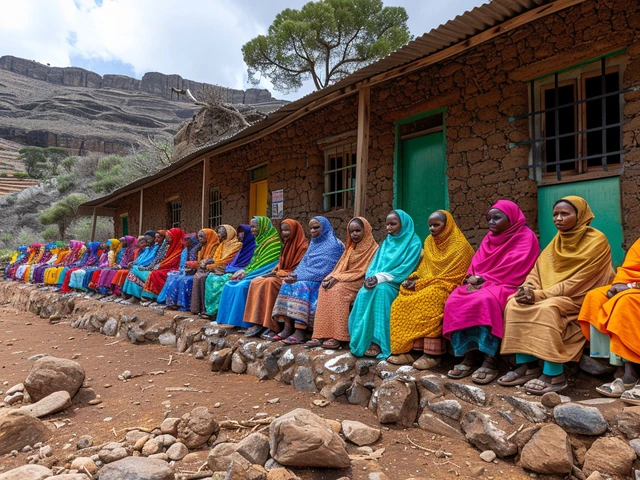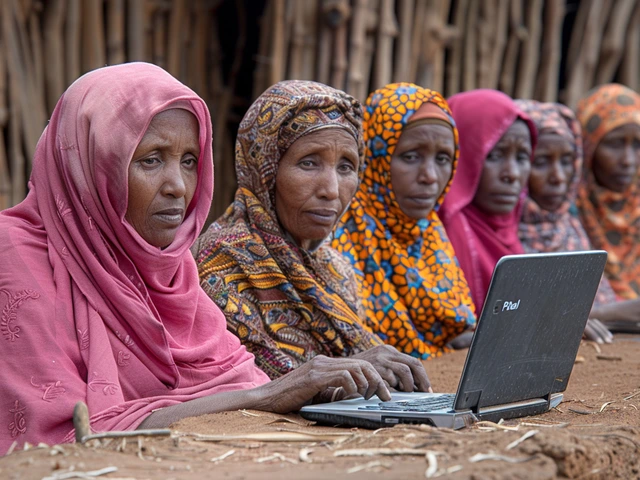Tinder in Ethiopia: Exploring Salaries, Wealth, and Career Opportunities
You might think of Tinder as just a dating app, but in Ethiopia, 'Tinder' also brings up questions about money, jobs, and life opportunities. If you're wondering how people really make a living in Ethiopia, or what it takes to succeed, you've landed in the right spot. Here’s a plain-English guide to how the economy, jobs, and day-to-day money stuff work in Ethiopia — no jargon, just the facts you care about.
Salaries in Ethiopia can surprise you. The jobs with the highest pay aren't always in tech or banking. Agriculture is huge, and some of the richest folks built their fortunes through farming or trading agricultural products. If you’re a teacher or pharmacist, your salary depends a lot on where you work. Public and private sectors rarely pay the same. Many entry-level jobs don’t pay much, but some specialized gigs — like in construction or the oil business — can offer quite a bit more.
Housing costs in big cities such as Addis Ababa get pricey compared to wages, so people often live with family or roommates. Rents can eat up a chunk of your salary. Yet, if you’re flexible about location, you can find better deals in smaller cities. Don’t expect PayPal to work here officially — you’ll need to rely on local banks or creative ways for online payments if you’re freelancing or selling online.
Dreaming of starting your own thing? Ethiopia's business scene is getting busier every year. From small shops to bigger export businesses, people are turning ideas into profit, even if starting capital is often a challenge. There are millionaire stories, too — entrepreneurs who made it big selling coffee, running logistics, or launching successful farms. But most folks earn just enough to cover needs, with a few breaking through to wealth.
If you’re a foreigner, you can work here, but paperwork and legal requirements take patience. US citizens and others mostly find jobs in teaching, NGOs, construction, or tech. Salaries for expats can be higher, but the cost of living might balance things out. Safety, especially in cities like Addis Ababa, is usually good, but practical tips from locals make a big difference.
For investors, Ethiopia opens doors to agriculture, construction, and technology. There's risk, but also plenty of upside if you study the market and follow the regulations. Investing in something like housing, food processing, or logistics could pay off, especially with the country’s growing young population.
Got your eye on how to make extra cash? Freelancing and online jobs are growing. While PayPal isn’t officially supported, platforms like Upwork or local alternatives offer ways to earn online, especially if you're good at digital skills, writing, or teaching languages.
If you want to understand what it takes to make, save, or grow money in Ethiopia, dig into real examples and honest salary guides. The wealth gap is real, but new opportunities keep popping up. Whether you’re searching for a steady job, dreaming of starting a side hustle, or thinking about your next investment, there are paths to financial growth in Ethiopia — you just have to know where to look.





